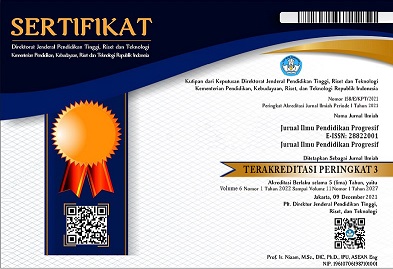CRITICAL THINKING AMONG TEACHERS
Kata Kunci:
Critical Thinking, PAI Teachers, PedagogyAbstrak
This study examines the critical thinking skills of Islamic Religious Education teachers in the context of the implementation of the independent learning curriculum which requires the transformation of the learning paradigm from dogmatic to analytical-reflective. The main problem lies in the gap between the demands of developing students' critical thinking skills and the lack of mastery of these competencies among PAI teachers. A literature review shows that there is limited specific research on the critical thinking competence of PAI teachers as facilitators of critical learning. The research uses a phenomenological qualitative approach with in-depth interview techniques with twelve intermediate PAI teachers who were selected purposively. Key findings reveal significant variations in teachers' critical thinking abilities with the majority understanding concepts but practical implementation difficulties. Five inhibiting factors were identified: curriculum disintegration, lack of critical pedagogical training, limited digital literacy, administrative burden, and conservative culture. The research concludes the need for a continuous coaching model that integrates mastery of Islamic content with critical pedagogy to improve the professionalism of PAI teachers in facilitating transformative learning.





